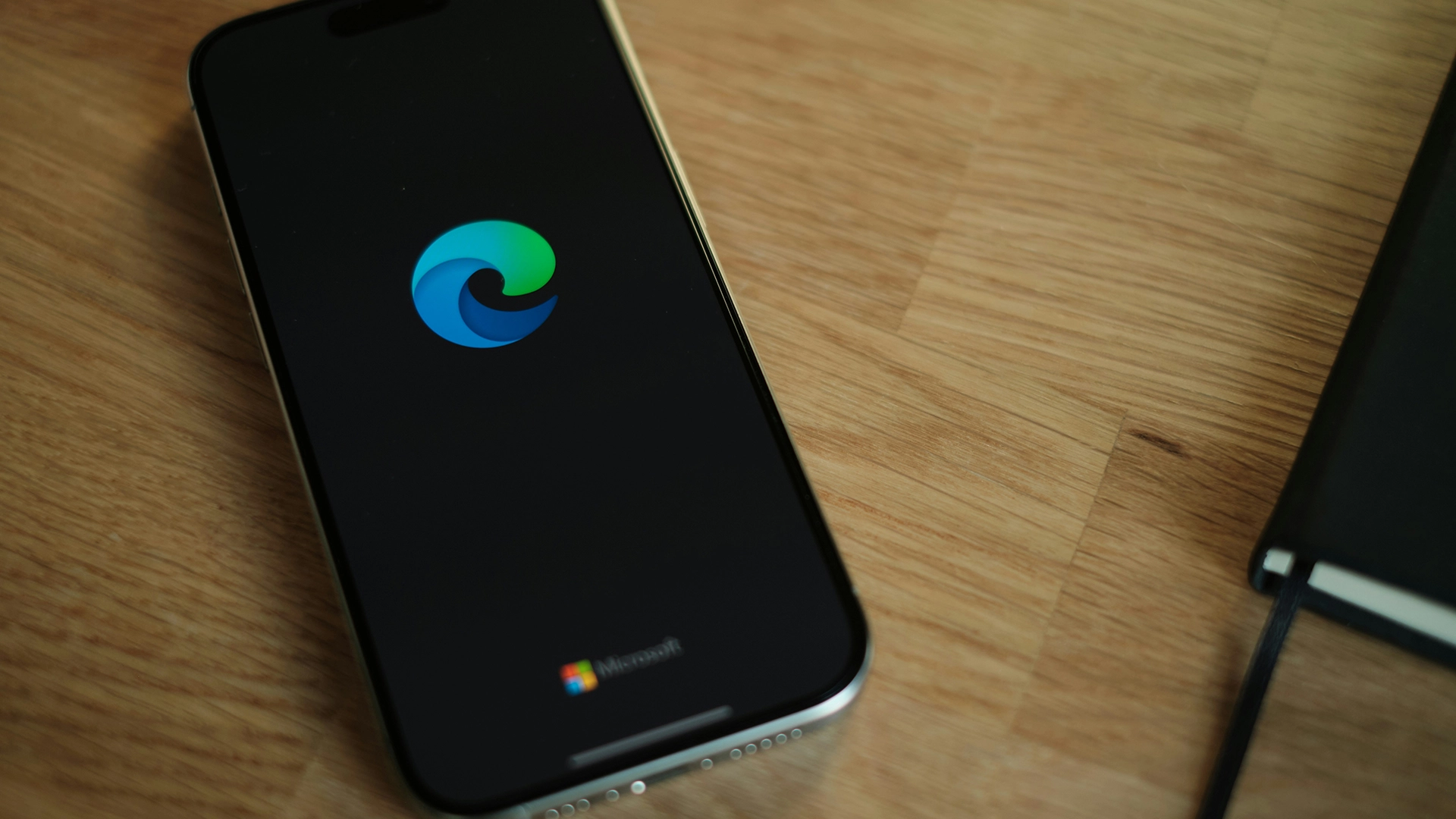
Photo by appshunter.io on Unsplash
Microsoft Launches Copilot Mode For Edge Browser
Microsoft introduced a new experimental model for its Edge browser this Monday, called Copilot Mode. The new AI feature offers a different browsing experience by predicting users’ needs and simplifying information to support decision-making.
In a rush? Here are the quick facts:
- Microsoft introduced Copilot Mode, an AI feature for its Edge browser.
- Copilot Mode is an opt-in feature; Edge users must activate the option.
- The agentic feature can perform multiple tasks and predict users’ needs.
According to the official announcement, Microsoft considers that AI is reshaping many online experiences, including the way people interact with the web, and has introduced its signature chatbot to the equation. Copilot Mode is an opt-in feature designed exclusively for Edge and is now available to both Windows and Mac users for free.
“Today we’re excited to launch Copilot Mode, a new experimental mode in Microsoft Edge, and our next step towards building a more powerful way to pilot the web,” wrote Sean Lyndersay, Vice President of Product for Microsoft Edge at Microsoft. “With Copilot Mode on, you enable innovative AI features in Edge that enhance your browser. It doesn’t just wait idly for you to click but anticipates what you might want to do next.”
Microsoft explained that Copilot Mode includes agentic capabilities as it can perform different tasks on behalf of users and suggest actions to enhance their web experience. Copilot can view all open tabs and understand the context of a user’s research to help with decision-making.
“For example, when researching vacation rentals across multiple sites, chat with Copilot to quickly identify which option is closest to the beach and includes a full kitchen – saving time and reducing friction,” added Lyndersay.
In a demonstration video, Microsoft showed how Copilot Mode can interact with users as a virtual assistant by finding paddle board experiences near the user’s workplace and considering the weather for booking the activity, or suggesting someone to continue working on the website they have been developing recently.
The AI agent also recognizes speech, allowing users to give it voice commands. Microsoft also encouraged users to share feedback and assured that it only collects data to improve its user experience.
Microsoft is not the only tech company rethinking the way users interact with browsers. Opera introduced its first agentic browser, Neon, in May. And, a few days ago, OpenAI said it will release an AI-powered browser soon.


 Previous Story
Previous Story

 Latest articles
Latest articles 